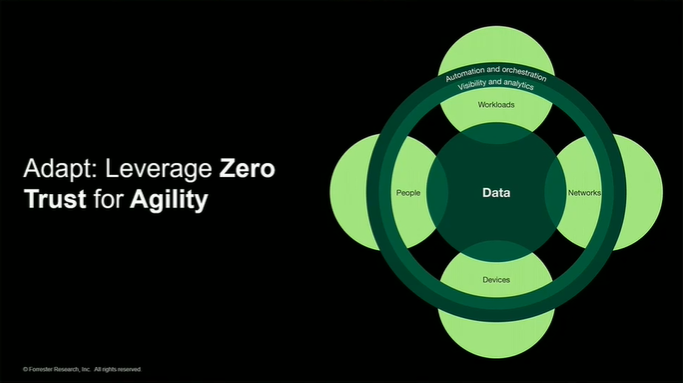While the immediate benefits of cloud services are typically clear to new users, individuals and businesses alike are becoming increasingly aware of a looming issue: vendor lock-in. As these users amass large amounts of data in their cloud-based accounts, from email to pictures and everything in between, they are learning that exporting that data can pose a significant challenge.
Vendors often rely on the fact that once you are comfortable using their services it is difficult to leave and move that data out or to another service. For individuals, this can mean that their cherished digital data such as pictures, videos, music, email and more may be locked away without reasonable methods of exporting or transferring it to a different service. The issue is often even more severe for businesses; certain data such as email, customer relationship management (CRM) information, documents, contacts, calendars and company intranet sites are crucial to the daily operations and continued success of a company. The reduced control that often comes with adopting a cloud service, as contrasted with an on-premise solution, means that this data can remain entrenched within the confines of the current cloud service. This inconvenient reality can manifest itself in several ways, including difficulty exporting the data, moving data to a new employee account when another leaves the company, or moving the data for all accounts to a new cloud service. Innovation, customer satisfaction and overall experience should be the reasons to stay with a cloud service, not vendor lock-in.
Yes…and no; many cloud Service Providers recognize, in part, the need to provide some level of open access to users’ data by providing application programming interfaces (APIs) for their services. These APIs allow access for cloud service users to design in-house software for utilizing data stored in the service, or for third-party developers to design software functionality for integration with additional services. As a cloud-based data management and migration company, we develop tools that work with APIs of various service providers to solve these data portability issues. The following brief overview highlights how some of the most popular business tool providers treat data portability concerns in two crucial areas: email & collaboration tools and sales & CRM tools.
Google – Google provides access to a number of APIs for developers in a myriad of ways, and specifically within Google Apps for its business customers. The APIs and level of access provided by Google are so powerful that they have spawned entire separate businesses that augment Google Apps functionality. Integration with these APIs is so prevalent that there is now a robust array of applications in the Google Apps Marketplace.
office 365 – Microsoft has taken strides with its cloud-based email and collaboration suite, Office 365, to provide options for migration and archiving. Microsoft has included functionality for migration both directly and also via API access for integration with other tools. Additionally, it has included archiving functionality with Office 365, but only at the most expensive tiers. While this is a step in the right direction, potential clients should be aware of different service level limitations.
Salesforce – It is hard to think about the cloud and not think of Salesforce. The company has been a major proponent of online services for its CRM platform, but how does it fare with data portability? While Salesforce offers export functionality, the data is broken up into multiple CSV files, which can be cumbersome for some users to manage. You may receive one file for each table in your database, which you then have to upload to a new CRM. Salesforce APIs are available to migrate to another CRM and there are many open source and third-party options available, such as CopyForce.
SugarCRM – SugarCRM is an increasingly popular CRM tool. Sugar offers both easy import and export functionality. The export process in particular is very easy to use in order to import data into another tool or store it locally. While there are options for high degrees of customization with SugarCRM, additional modifications are not necessary for customers who want to move services. This type of data portability allows customers to focus on features, and not vendor lock-in, when considering a CRM tool.
Insightly – Insightly offers a combination CRM and project management tool in one, and is committed to providing multiple options for data portability. It provides API access for advanced integration as well as end-user functionality for easy and useful data export. The API offers basic and essential methods for a deep level of access for those companies that can invest in software development. For others that cannot, your sales and project data is exportable in XML format and the contacts records and, crucially, the notes, are exportable through standard CSV files.
APIs made available by service providers do not, on their own, answer the need for cloud data portability. The most obvious limitation of APIs is simply the need to invest in software development. If a service’s sole method of data removal is an API, then surely this isn’t accessible to many individuals, SMBs and even enterprises that have chosen not to invest. Data access methods are best implemented when they incorporate features that are accessible and practical for users and admins alike.
As users come to rely heavily or even exclusively on cloud services for their business data, we anticipate that an increasingly important feature will be the data portability provided by these services to the end users and non-developers.
By Bob Greenlees





